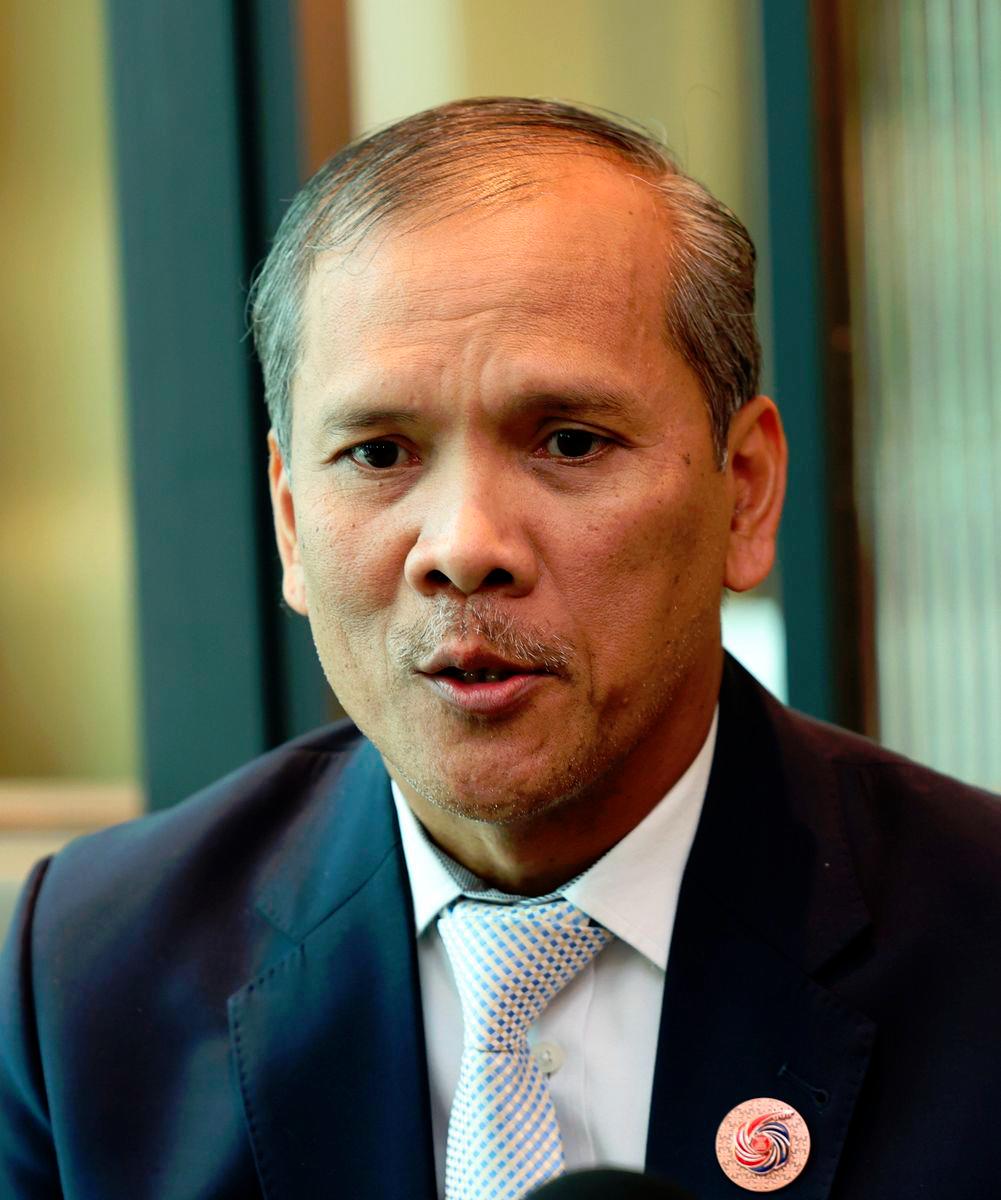KUCHING: The 43rd ASEAN Senior Officials Meeting on Energy (SOME) marked a significant milestone today with representatives reaching consensus on several strategic agendas aimed at advancing the regional energy sector.
Energy Transition and Water Transformation Ministry (PETRA) secretary-general Datuk Mad Zaidi Mohd Karli said the meeting had finalised major agendas, including the ASEAN Power Grid (APG) Enhanced Memorandum of Understanding (MoU) and the second phase of the ASEAN Plan of Action for Energy Cooperation (APAEC) for 2026–2030.
“The APG MoU will serve as the main reference for implementing cross-border power grid projects and is expected to be signed by ASEAN member states during the ASEAN Ministers of Energy Meeting (AMEM) in Kuala Lumpur this October.
“Meanwhile, the APAEC will continue from Phase One, with an emphasis on clean energy transition, energy security, and comprehensive regional energy integration,” he told a press conference in conjunction with SOME today.
Mad Zaidi said the meeting also agreed on the progress in the implementation of six energy priorities for 2025, which include establishing the Subsea Power Cable Development Framework, signing the ASEAN Petroleum Security Agreement (APSA) Successor Agreement, launching the ASEAN Energy Efficiency Database, and introducing the Investment Platform for Buildings.
Additionally, he said the meeting also ratified the finalisation of the Long-Term Renewable Energy Masterplan (LTRM), development of the ASEAN Renewable Energy Certificate (REC) framework, and the implementation framework for Nuclear Power Plants (NPP).
All agreements reached at the SOME will be forwarded to AMEM slated for October, he said.
On Malaysia’s role in the regional energy transition, Mad Zaidi highlighted the country’s strong potential to lead based on its robust policies and infrastructure capabilities.
“The launch of the National Energy Transition Roadmap (NETR), targeting 70 per cent renewable energy capacity by 2050, demonstrates Malaysia’s serious commitment to the clean energy agenda,” he said.
He also noted Malaysia’s efforts to upgrade its electrical grid infrastructure, strengthen energy storage systems, and digitalise the power network, positioning it as an ideal candidate to drive regional renewable energy integration.
“With a conducive investment ecosystem, investor-friendly policies, and attractive fiscal incentives, Malaysia is poised not only to lead the transition but also to become ASEAN’s premier destination for clean energy investment,” he remarked.
Meanwhile, Mad Zaidi also said hosting SOME in Sarawak has had a positive impact on the state.
“The ASEAN delegation witnessed firsthand Sarawak’s vast renewable energy potential, given its abundant natural resources and strong commitment to sustainable energy development.
“Sarawak is expected to play a crucial role in regional initiatives, particularly in hydropower and green energy development,” he concluded.









